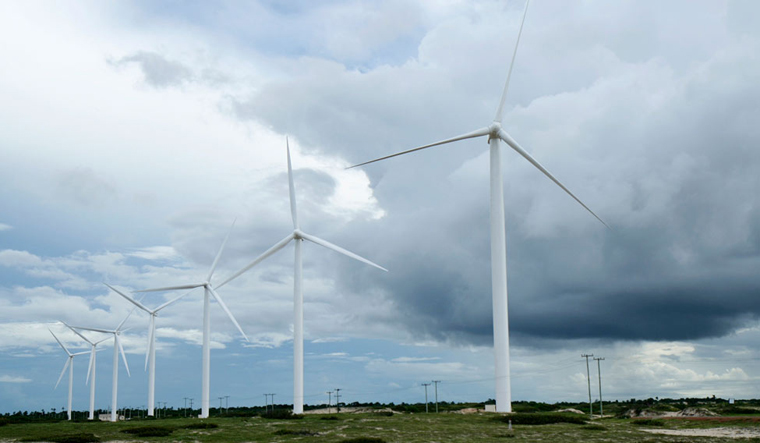Clean energy startups from the land of the Alps are eyeing opportunities in India and are looking for long term tie-ups with Indian firms. A delegation of Swiss startups are participating in the Cleantech Week, a knowledge sharing platform between Swiss experts, startups and Indian industry representatives in clean energy organised by Swissnex India which works closely with the Swiss Consulate. Altogether, there were ten startups that are part of the delegation and they appear to be upbeat about the Indian market.
“The aim of our Indian visit is to find strategic, industrial and commercial partners to produce and commercialise our products in the Indian market. We expect to have a better understanding of the Indian energy storage market and get connected to the local stakeholders like renewable project developers and power utilities, active in fields like decentralised generation, rural electrification and dairy farms. Our idea is to initially build pilot installations to validate and develop the market, and later on set up a local production facility to serve this market. We also expect to meet potential investors interested in supporting the industrialisation and commercialisation of our products,” remarked Sylvain Lemofouet, the co-founder and CEO of Enairys Powertech Ltd, a cleantech startup company of the Swiss Federal Institute of Technology, Lausanne in Switzerland. This company develops, produces and markets, affordable energy management and storage systems.
Similarly, Battrion is another interesting Swiss clean energy startup that is keenly eyeing tie-ups in the Indian market. Battrion develops a fabrication technology to increase the charging speed and power capability of lithium ion batteries. “Our patented process can be implemented in existing battery manufacturing facilities today. By modifying the microstructure of the negative electrode of batteries during the electrode manufacturing steps, we increase the speed at which lithium ions can travel through the cell, thereby reducing the charging time. The technology is application-agnostic and can be applied in all fields in which lithium ion batteries are used—mobile electronics, stationary energy storage, electric mobility, and power tools. We want to connect with local stakeholders in the battery industry and we are looking for companies and institutions which want to establish domestic battery manufacturing in India,” remarked Martin Ebner, CEO of Battrion.
hiLyte LLC, another Swiss startup which is part of the delegation, has developed a non-toxic iron consumable based battery that allows people in off-grid areas to have power on-demand for low power applications. “Today more than a billion people do not have access to electricity and spend up to 30 per cent of their wages just for lighting and phone-charging. Our battery system will allow these people to satisfy their basic energy needs even during cloudy or rainy days, due to the replaceable iron consumables. Our solution can also be used as power backup for people who have access to the power grid but suffer from several hours of power cut everyday,” explained David Lambelet, co-founder and CEO of hiLyte LLC.
Switzerland-based LEDsafari was yet another Swiss startup in the clean energy space that was part of the delegation. This company develops digital products to help solar companies and organizations to manage their staff and assets. Their solution consists of a multi-lingual online training platform (HelioLearn), which provides solar technical and business courses in a unique pedagogical way, and a cloud-based sensor (HelioHealth) for solar panels (panel level monitoring). It uses advance machine learning and data analysis, that helps solar companies to track the performances of their solar devices, diagnose faults and at the same time helps them to improve their service offerings. It also monitors the progress of their employees especially their field staff. These are available on an app named, HelioApp.
"Indian solar market is one of the fastest growing sector in the world. With a current target of 40GW of distributed PV (photovoltaic) system, it needs more trained people and a better management system. We want to bring in the industry by using digital and IoT technology. With digital and sensor technology, we can tremendously improve the efficiency and the maintenance of existing and new distributed PV plants,” said Govinda Upadhyay the CEO of LEDsafari.



